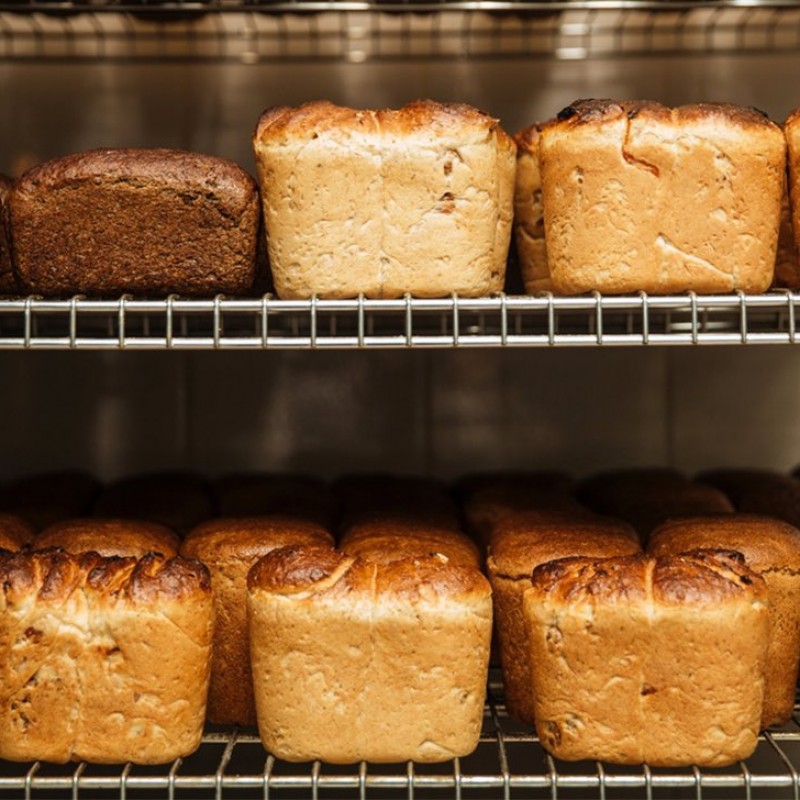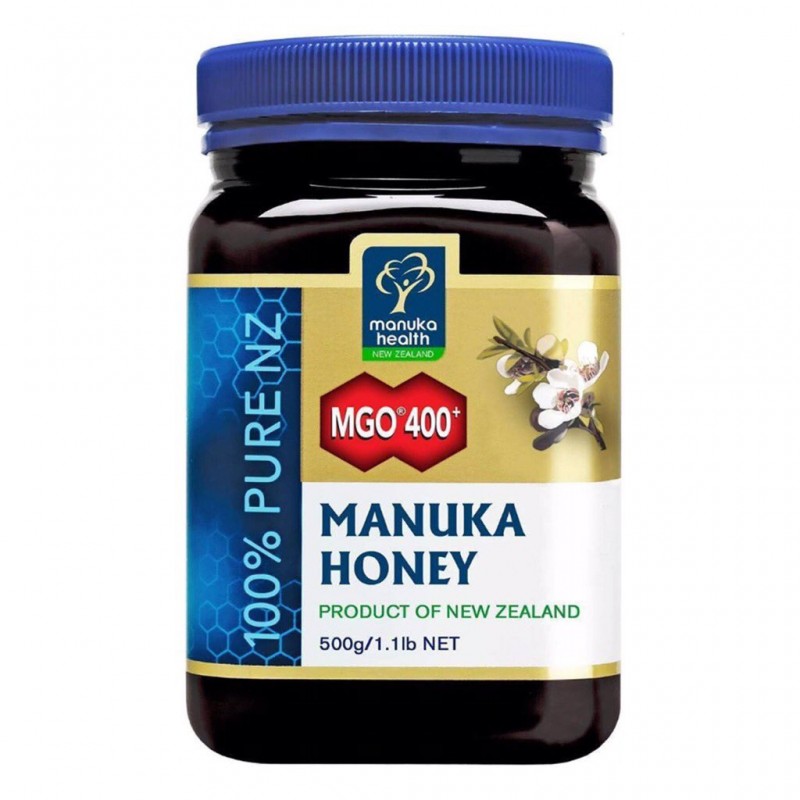Fruit juice
Is juicing healthier than whole fruits or vegetables?
Juicing is not better for health than fresh fruits and vegetables. Juicing is a method of extracting juice from fresh fruits or vegetables. The liquid contains most of the vitamins, minerals, and phytochemicals (phytonutrients) found in fruit. However, whole fruits and vegetables contain healthy fiber, which is lost in most juicing.
Some believe that juice is better for you than whole fruits and vegetables; Because your body will absorb the nutrients better and relieve your digestive system from digesting fiber. They add that juicing may reduce the risk of cancer, boost the immune system, rid the body of toxins, and aid in digestion and weight loss.
However, there is no scientific evidence that juices are healthier than the juice you get when you eat the same fruits or vegetables. If you don't enjoy eating fruits or vegetables, juicing may be a way to add them to your diet or try fruits and vegetables that you don't eat. .
Consider blending instead of juicing. Mixing the edible parts of fruits and vegetables with a blender produces a drink that contains phytonutrients and fiber that is better for health. And fiber can help you feel full. If you try juicing, make juice only as much as you can drink at one time; As harmful bacteria can grow rapidly in fresh juice.
Cranberries
Cranberry juice is known to protect against urinary tract infections, although research on this effect varies. A recent review found that drinking cranberry juice reduced the risk of developing a UTI by 32.5%. This juice is also high in antioxidants. , including anthocyanins, flavonols, procyanidins, and vitamins C and E, which may help protect your cells from damage caused by free radicals.
Tomato juice
Tomato juice is very high in lycopene, which acts as an antioxidant and may reduce the risk of heart disease. A scientific review showed an increase in lycopene intake was associated with a 13% lower risk of heart disease. Furthermore, one cup (250 ml) provides Tomato juice almost double your daily vitamin C needs.
Beet juice
Beet juice is rich in dietary nitrate and betalain, both of which are linked to a lower risk of heart disease and other chronic diseases. Moreover, it has much less sugar than other juices.
Pomegranate juice
Rich in vitamin K, which helps with blood clotting, heart health, and bone growth, it is also high in the antioxidant anthocyanin, which gives pomegranate its distinctive dark red color, and many varieties contain added vitamin C, helping you reach up to 27 % of daily value.
Acai juice
Acai berries are small round berries that come from the acai palm tree, rich in various antioxidants, especially flavonoids, ferulic acid and chlorogenic acid. A diet rich in these compounds has been linked to a lower risk of heart disease and mental decline. In fact, acai berries contain far more antioxidants than blueberries.
Orange juice
Naturally rich in Vitamin C and other antioxidants. In one study, drinking orange juice after a meal high in fat and carbohydrates reduced inflammation.
Grapefruit juice
Rich in antioxidants, such as naringin and vitamin C, grapefruit and its products interact with many medications. Consult a doctor if you are taking any medications that may interact with grapefruit


